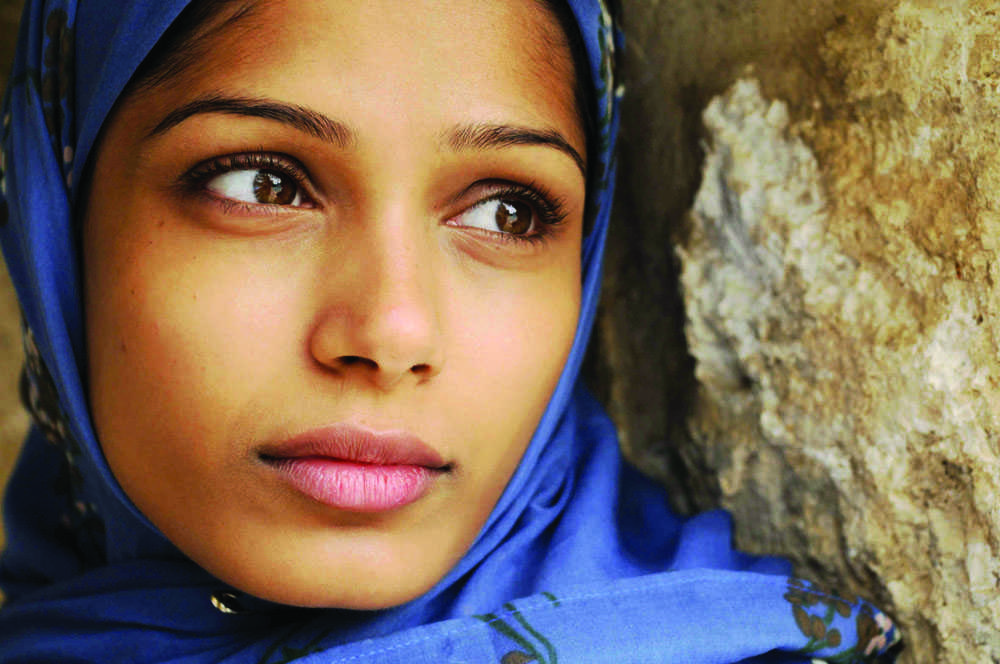“Miral” promotes education, inspires hope
Freida Pinto as Miral in the 2010 film adaptation
“Miral” is a work of fiction about the Palestinian/Israeli conflict during the late ‘80s and early ‘90s.
Under an umbrella story about an orphanage for Palestinian children and the courageous woman who started it, “Miral” details the paths of several women who struggle for better treatment as females in a Palestinian culture and as Palestinians in an Israeli world.
Political protests by the Palestinians are mostly ineffective during this time, and they are dangerous. Many characters die.
Miral, however, survives, and she gives us a glimpse of what it is like to be female in a fight to the death for freedom.
She also shows us the delicate balance involved in being a dutiful daughter, a top-notch student, and an underground sometime-terrorist.
“Miral” shows us that reality is subjective.
What is the true line between being a protester and a terrorist?
Does a momentary handshake between the leaders of two opposing forces really mean peace?
Can mutual trust exist?
Bombing still occurs in Jerusalem. Palestinians have a non-member observer’s place at the UN table, but no official state or country.
How then is “Miral,” originally published in 2004, significant, especially since its characters are fictional?
First, “Miral” promotes education over violence as a way to peace.
Second, the book raises awareness about a situation that is still playing out just a few plane rides away.
Third, “Miral” illuminates a small moment in time when there was genuine hope in the near-hopeless situation we call the Middle East crisis—and the uplifting thing about hope is that once it exists, it can exist again.
One last point: I found the translation to be wanting. It gives Jebreal’s writing a lack of footing and depth. This may be, but given her upbringing and the novel’s subject, I’m more inclined to blame the translator.
After all, the Palestinians continue to fight for footing, and look to the deep Middle Eastern soil to plant their roots.






